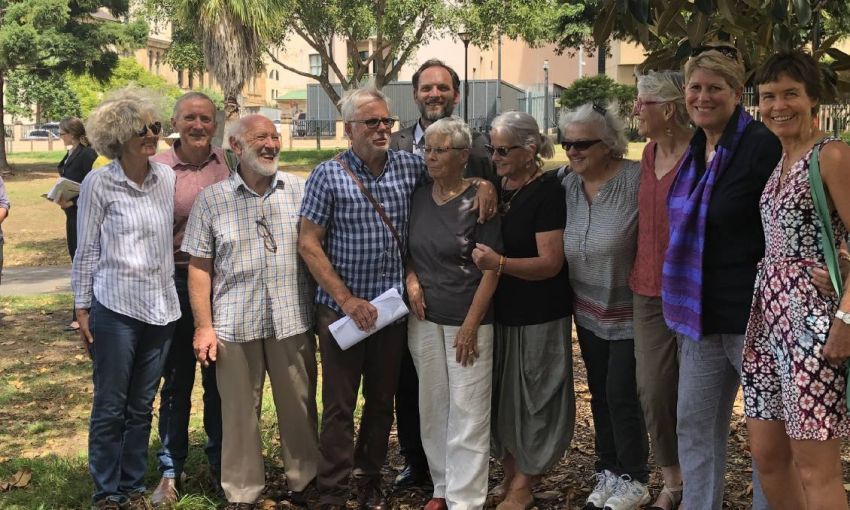
The ruling by the NSW Land and Environment Court on February 8 to reject the Rocky Hill coalmine outside Gloucester is being felt beyond its local community and will have implications for human rights as well as climate change policy.
According to Lock the Gate Alliance: “Mining company KEPCO’s new submission to the Independent Planning Commission on its proposed Bylong Valley coal project is recognition the Rocky Hill judgement changed the way the IPC should consider new coalmines in New South Wales.”
KEPCO has submitted new information to the IPC confirming that “Scope 3” (downstream burning) emissions from the Bylong proposal, which would destroy farmland in the picturesque Bylong Valley, will be 197.4 million tonnes — more than five times as much as the Rocky Hill coalmine would have produced.
Lock the Gate spokesperson Georgina Woods said: “Rocky Hill was in part rejected by the Land and Environment Court on the grounds it would contribute to an increase in greenhouse gas emissions and would not be consistent with efforts to achieve the Paris Agreement goals of limiting global warming to below 2°C or 1.5°C.
"Given the downstream emissions from Bylong coalmine would be five times that of the Rocky Hill mine, refusing the Bylong coal mine project will make a meaningful contribution to remaining within the carbon budget for achieving the long term temperature goals of the Paris Climate Agreement and that's what the Independent Planning Commission needs to do.
"The Independent Planning Commission cannot in good conscience let the Bylong Valley be opened up to coal mining.”
In The implications of the recent Rocky Hill decision for major development, Christine Covington said: “The climate change-related reasons for refusal cited in the Rocky Hill decision will have broad-reaching impacts on all high greenhouse gas (GHG) emitting developments. Opponents of major projects here and around the world will cite the decision because of its thorough analysis of Australian and international law linking climate change impacts with GHG emitting projects.
“NSW approval bodies are bound by the decision for all significant GHG emitting developments, including major infrastructure and fossil fuel projects. While the State Environmental Planning Policy applied by the Court in its ruling is NSW-specific, ecologically sustainable development principles and the public interest test broadly apply in environmental legislation. Consequently, direct and downstream GHGs should now be assessed.”
In a later article, Lessons from ‘Rocky Hill’: why proponents of major projects need to consider the link between climate change and human rights, Covington wrote: “By refusing development consent on the basis of the Rocky Hill coalmine’s likely contribution to climate change and adverse social impacts, the Court has drawn our attention to the increasing importance of human rights considerations in assessing the impact of major projects.
“Although the Rocky Hill decision did not expressly connect the climate change-related consequences of the project's approval with human rights impacts, the decision has significance for human rights.
“In its concern for the social impact of the proposed development, the Court implicitly recognised the adverse human rights implications of climate change.
“As outlined by Professor Steffen, climate change has clear and direct consequences for people across the world. It affects considerations enshrined in the Declaration of Human Rights, such as the right to life, adequate food, water, health, housing, to livelihoods, and an adequate standard of living.”
Several mining projects, at various stages of approval would be rejected if these human rights impacts were taken into consideration. These include all of those in the Galilee Basin, proposed coal seam gas fracking projects in the Northern Territory and Queensland , as well as the Wallarah 2 mine on the NSW Central Coast, which threatens the water supply of a growing community.